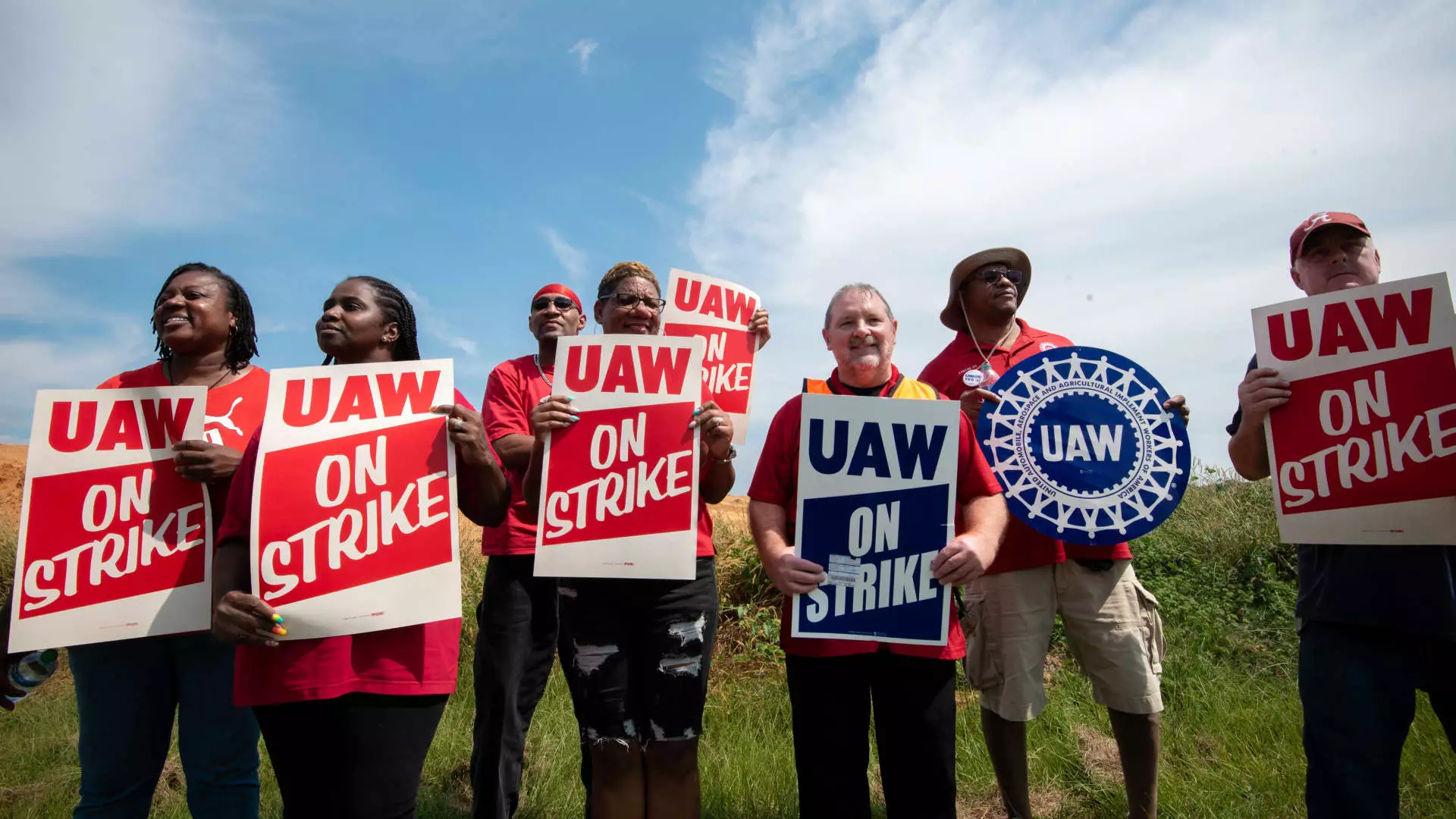In a setback for the United Auto Workers (UAW), Mercedes-Benz workers in Alabama have voted against union representation, according to the National Labor Relations Board. This news comes just a month after the UAW successfully organized roughly 4,330 Volkswagen plant workers in Tennessee. The voting period lasted from Monday to Friday, with 56% of the workers, or 2,642 individuals, rejecting the UAW. The NLRB oversaw the election, with over 90% of the eligible 5,075 Mercedes-Benz employees participating. Despite 51 challenged and uncounted ballots, the election outcome remained unchanged. The union and the company have five business days to file objections, after which the election result will be finalized.
Implications for UAW and Organizing Efforts
The defeat at Mercedes-Benz is a blow to the UAW’s ambitious organizing campaign, which targeted 13 non-union automakers in the U.S. The union had recently negotiated successful contracts with major Detroit automakers, including Ford, General Motors, and Stellantis, securing tangible benefits for workers. UAW President Shawn Fain stated that while the outcome was not what they had hoped for, the effort put forth by the union members was commendable. He emphasized that the loss should not deter their momentum and that they would continue to press forward in their organizing efforts.
The Mercedes-Benz vote presented a unique challenge for the UAW, especially in comparison to the more favorable conditions at the Volkswagen plant in Tennessee. The Tuscaloosa plant has been operational since 1997 and has a significant production output, including both gas-powered and all-electric vehicles. Despite the setback, the UAW remains focused on its mission to ensure fair labor practices and representation for all workers. The NLRB’s ongoing investigations into unfair labor practices by various automakers, including Mercedes-Benz, underscore the challenges faced by unions in organizing efforts.
The UAW has filed numerous charges against automakers like Honda, Hyundai, and Tesla, accusing them of unfair labor practices. The charges against Mercedes-Benz, in particular, include claims of disciplinary actions against employees discussing unionization, surveillance of workers, and discouraging union activities. These allegations highlight the resistance faced by unions when attempting to establish a presence in non-unionized workplaces. Despite these challenges, the UAW remains determined to advocate for the rights of workers and push for better working conditions in the automotive industry.
Overall, the defeat at Mercedes-Benz serves as a reminder of the complexities involved in union organizing and the resistance faced by workers seeking representation. While the outcome may have been disappointing, the UAW’s resolve remains unwavering as they continue their efforts to empower workers and fight for fair treatment in the workplace.


Leave a Reply